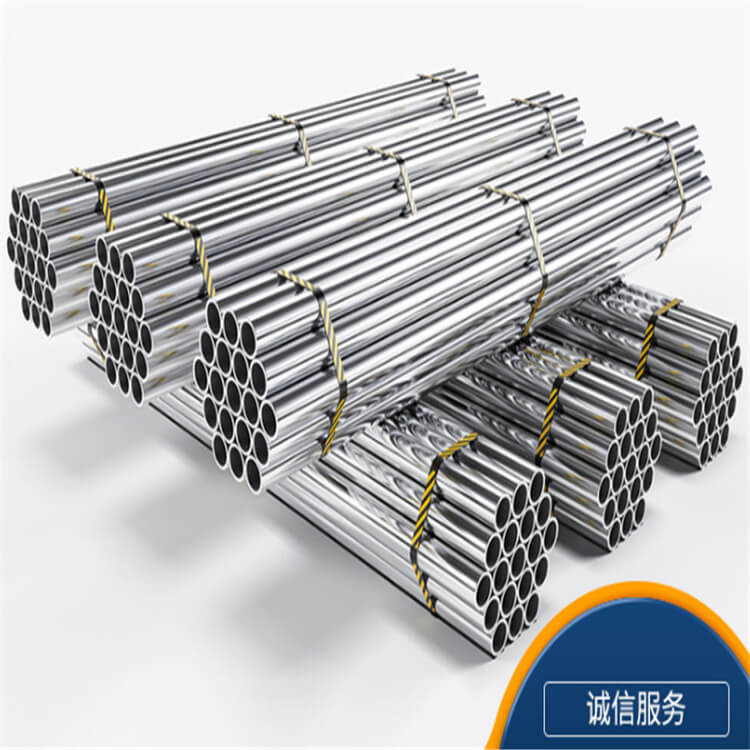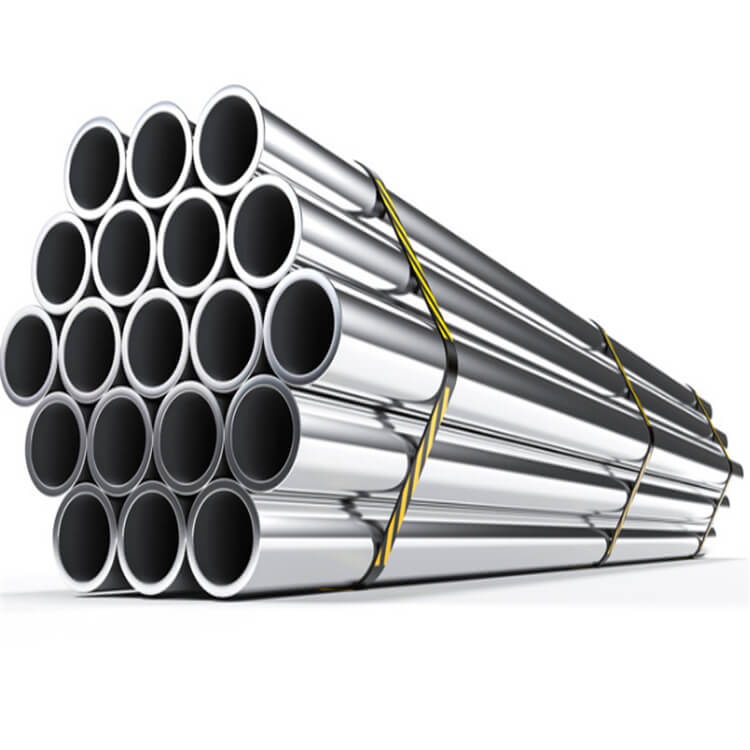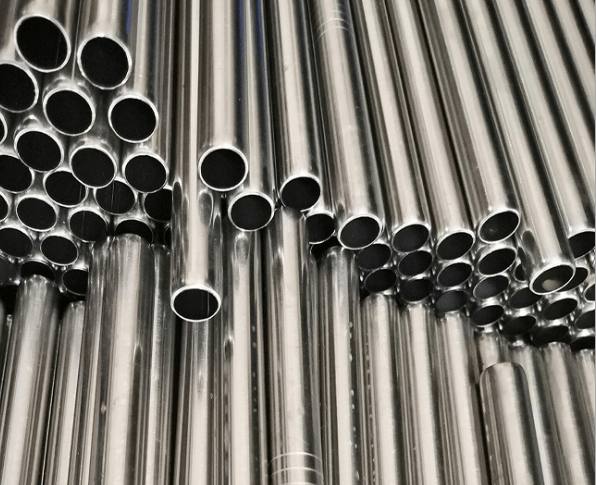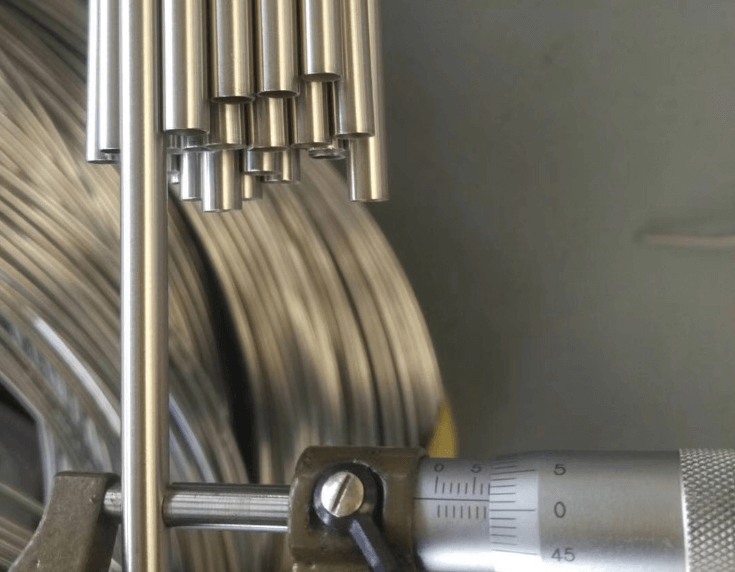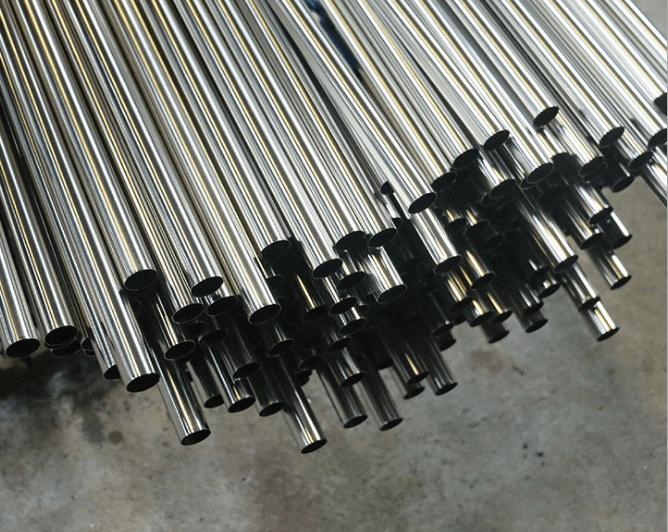In the world of manufacturing, construction, and industrial applications, one material stands head and shoulders above the rest – industrial stainless steel. Its unwavering strength, impeccable durability, and remarkable resistance to corrosion have made it the undisputed champion in countless industries. Join us on a journey through industrial stainless steel, where we explore its myriad applications and why it reigns supreme.
Composition and Uniqueness of Industrial Stainless Steel
Industrial stainless steel is not your ordinary metal; it's an alloy that combines iron with a minimum of 10.5% chromium. This marriage of elements gives rise to a material that's impervious to rust, stains, and the wear and tear of time. Its resistance to corrosion is unparalleled, making it a prime choice for numerous industrial applications.
A Versatile Marvel: Applications of Industrial Stainless Steel
From the smallest household items to massive construction projects, industrial stainless steel finds its way into a wide array of applications thanks to its remarkable properties.
A. In the Kitchen
Cutlery: Your kitchen is likely filled with stainless steel knives, forks, and spoons. Their corrosion resistance ensures they remain sharp and shiny even after years of use.
Appliances: Stainless steel appliances have become synonymous with modern kitchens. Their sleek and timeless appearance, coupled with their resistance to stains and heat, makes them an ideal choice for every home.
B. In Architecture and Construction
Structural Integrity: Skyscrapers, bridges, and iconic landmarks owe their structural integrity to industrial stainless steel. Its high strength-to-weight ratio and resistance to corrosion make it an engineer's dream material.
Decorative Elegance: Stainless steel's aesthetic appeal extends beyond its utility. It's often used for architectural embellishments, elevating the visual appeal of buildings and public spaces.
C. In Healthcare
Medical Instruments: Precision is paramount in healthcare, and stainless steel instruments offer just that. Their resistance to staining, easy sterilization, and longevity are crucial in medical procedures.
Implants: From dental implants to artificial joints, stainless steel's biocompatibility and durability have revolutionized the medical field, enhancing patients' quality of life.
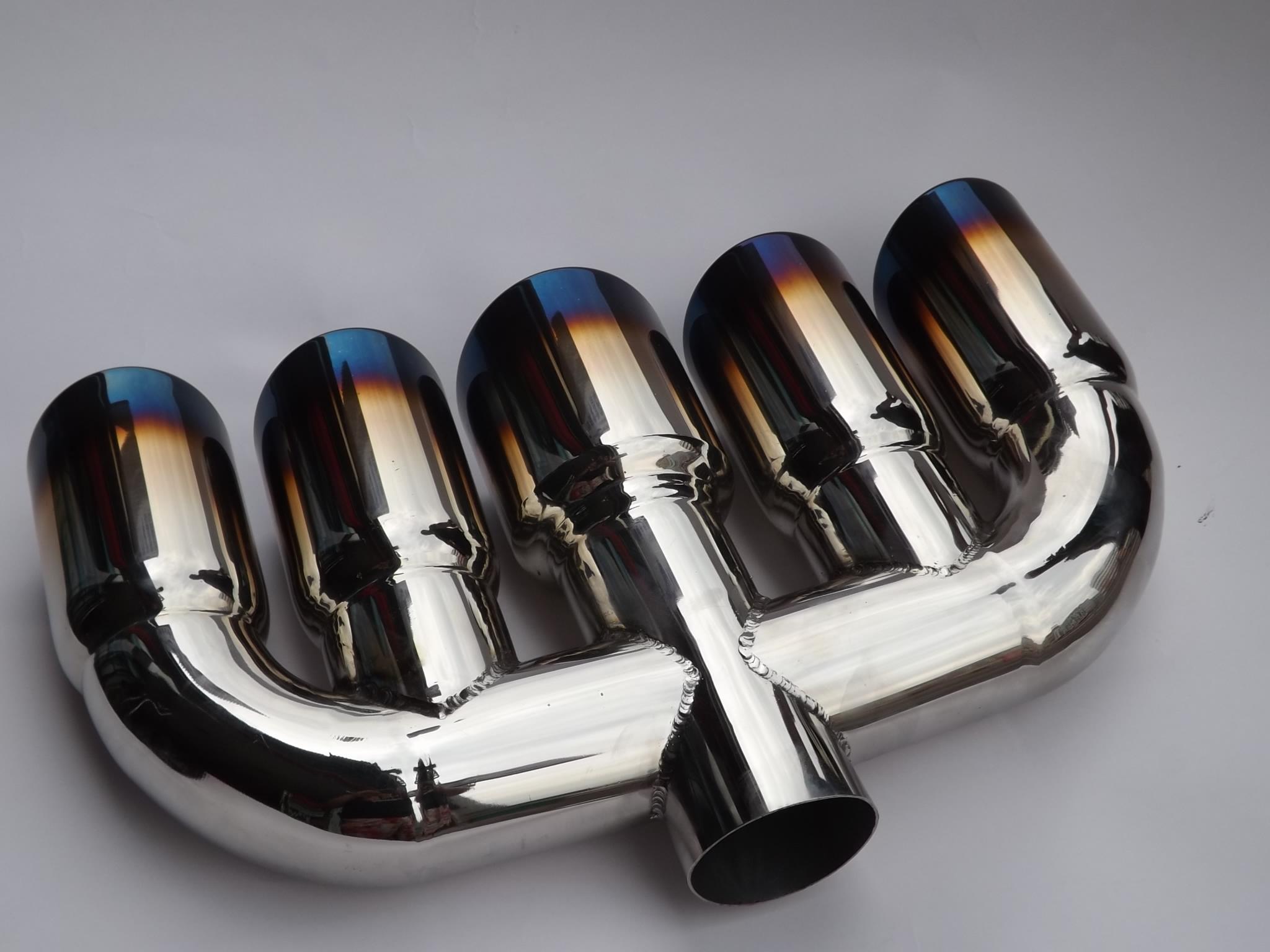
Car Exhaust Pipe
D. In Transportation
Automobiles: Underneath the sleek exteriors of modern cars lies a network of stainless steel components. These parts withstand harsh weather conditions and provide safety and durability.
Aerospace: The demands of space travel require materials that can endure extreme conditions. Stainless steel's resilience makes it indispensable in aerospace engineering.
Sustainability and Environmental Considerations
A. Recyclability
One of the most significant advantages of industrial stainless steel is its recyclability. A substantial portion of the world's stainless steel is produced using recycled materials, reducing the demand for new resources and minimizing its environmental impact.
B. Longevity
The durability of stainless steel means fewer replacements and less waste. Its extended lifespan contributes to sustainability by reducing the need for constant manufacturing and disposal.
The Future of Industrial Stainless Steel
As industries evolve and technology advances, industrial stainless steel continues to adapt and thrive. Researchers are constantly pushing the boundaries of what this remarkable material can achieve. From innovative alloy compositions to enhanced fabrication techniques, the future of industrial stainless steel is brighter than ever.
Conclusion
In the realm of industrial materials, few can match the versatility, strength, and durability of industrial stainless steel. When quality, longevity, and resilience are paramount, it is the unwavering choice. Its applications span across various sectors, from household items to monumental architectural wonders. Industrial stainless steel's enduring presence in our daily lives and industrial applications cements its status as the ultimate material of choice.

